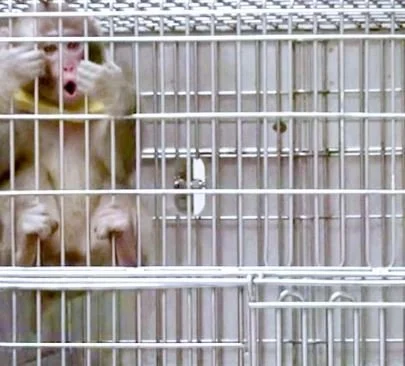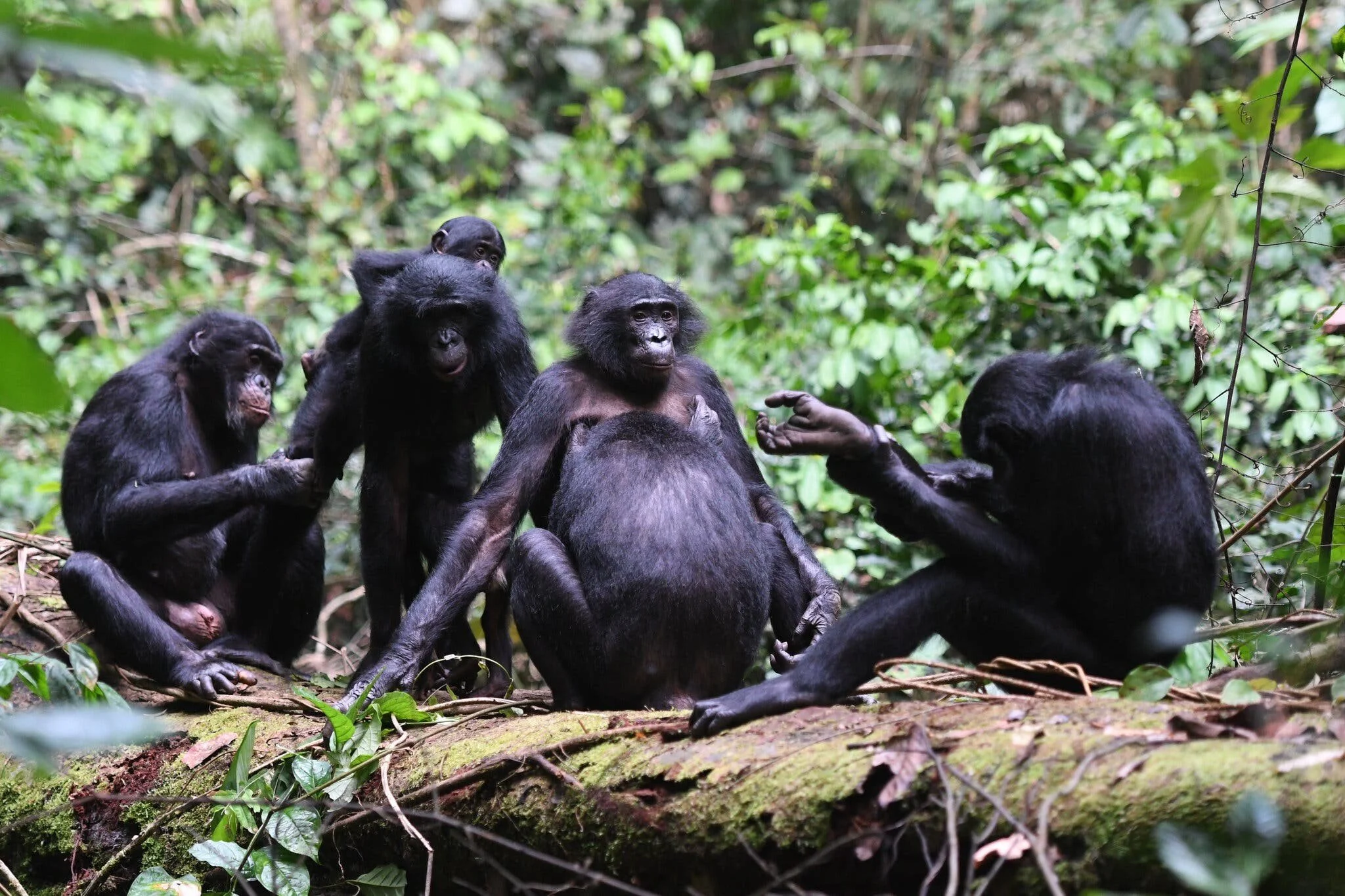Trump’s War on Science is Good News for Beagles
The Trump Administration has been slashing federal funding for scientific research – in the National Institutes of Health, Environmental Protection Agency, National Science Foundation, and elsewhere. The slash-and-burn approach to policy making has a lot of downsides, but it might come with a silver lining: the end of animal experimentation.
Divesting government resources in science is a terrible idea for a lot of reasons, but if it can save a few animals from torture and death it isn’t all bad. The shift in priorities is a step up from the previous administration, at least from the lab animals’ perspective.
Among the immediate beneficiaries are beagles. Last week the NIH announced it was shutting down a notorious lab in Bethesda, Maryland that had experimented on, and disposed of, beagles for decades.
“We got rid of all of the beagle experiments on NIH campus,” Institutes director Jay Bhattacharya told Fox & Friends Weekend. “We put forward a policy to replace animals and research with other technological advancements, AI and other tools that actually translate better to human health.”
The abrupt closures have not been good news for all animals involved. In April, federal scientists in Morgantown, West Virginia were told to shut down operations at the National Institute for Occupational Safety, which “liberated” more than 900 lab animals, mostly mice and rats. About two thirds were sent to other labs, and the remaining 300 or so animals were euthanized.
Still, animal-advocacy groups like the Physicians Committee for Responsible Medicine applaud the shift from animal testing. “The NIH’s closure of its last beagle lab is a huge step forward in its efforts to move away from animal research,” says Catharine E. Krebs, PhD, medical research program manager for the PCRM. “We look forward to more animal lab closures, both at the NIH and at institutions it funds, as innovative research using tissue chips, computational methods, and other human-based approaches becomes the norm rather than the exception.”
Photo credit: PETA







